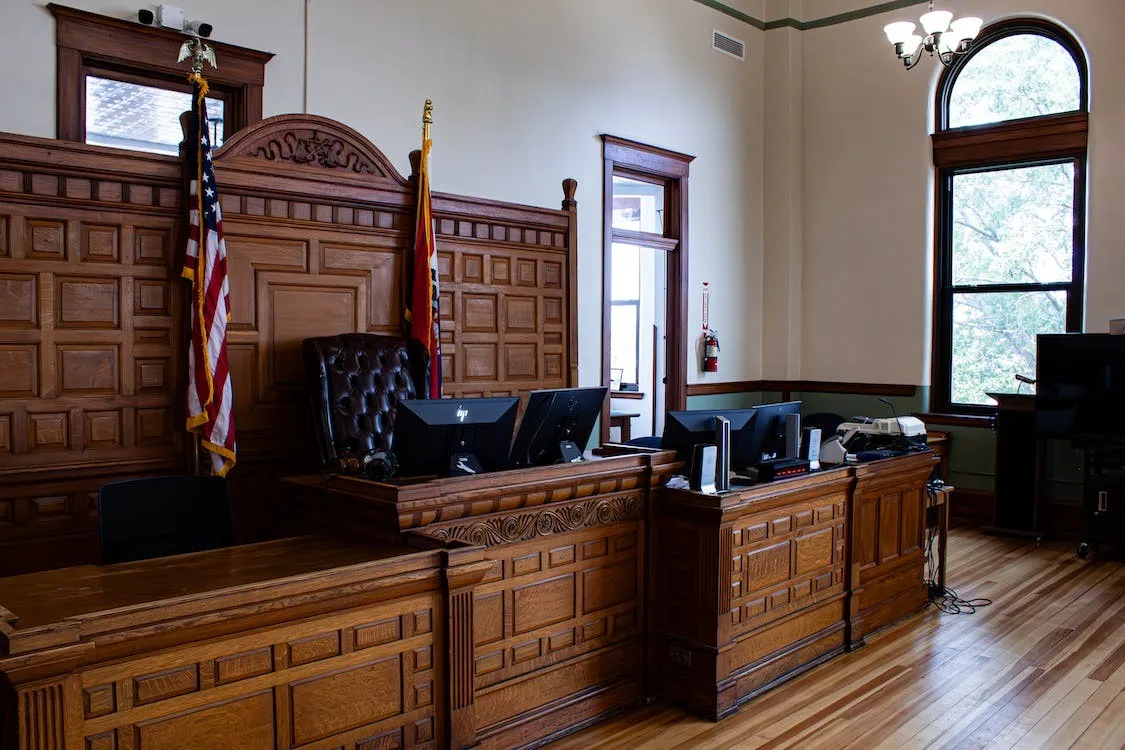What is a Motion Hearing and Why Should You Care?
Image source: Pexels.com
If you’re involved in a legal dispute, you may have heard of the term “motion hearing”. But what does it mean and how does it affect your case? In this blog post, I’ll explain what a motion hearing is, why it’s important, and what to expect from it.
What is a Motion Hearing?
A motion hearing is a proceeding in which one or both parties to a lawsuit ask the judge to take some action on a specific issue. For example, a party may request the judge to:
- Dismiss the case for lack of evidence or legal basis
- Suppress evidence that was obtained illegally or unfairly
- Modify the bail or bond conditions
- Grant or deny a summary judgment (a decision without a trial)
- Order the other party to produce certain documents or information
- Settle a dispute over the interpretation of the law or contract
- Grant or deny a temporary order (such as child custody or support)
A motion hearing is different from a trial, where both parties present their full arguments and evidence to the judge or jury. A motion hearing is usually shorter and more focused on a specific issue. The judge may decide the motion based on the written documents submitted by the parties, or may allow oral arguments and testimony from witnesses.
Why is a Motion Hearing Important?
A motion hearing can have a significant impact on the outcome of your case. Depending on the type and result of the motion, it can:
- End your case before it goes to trial
- Strengthen or weaken your position or evidence
- Speed up or delay your case
- Affect your rights or obligations
- Influence the settlement negotiations
Therefore, it’s important to prepare well for a motion hearing and present your best arguments and evidence. You should also consult with your lawyer about the possible consequences and strategies of filing or responding to a motion.
What to Expect from a Motion Hearing?
If you or the other party files a motion, you will receive a notice from the court with the date and time of the hearing. You should arrive at the court early and dress appropriately. You should also bring copies of your motion and any supporting documents.
At the hearing, the judge will call your case and ask both parties to state their names and roles. The party who filed the motion will go first and explain what they are asking for and why. The other party will then have a chance to respond and oppose the motion. The judge may ask questions or interrupt the parties at any time. The judge may also allow witnesses to testify if relevant.
After hearing both sides, the judge will either make a decision on the spot or take the matter under advisement and issue a written order later. The judge’s decision is final unless one of the parties appeals it to a higher court.
Conclusion
A motion hearing is an important part of the legal process that can affect your rights and interests. You should understand what it is, why it matters, and what to expect from it. You should also work with your lawyer to prepare and present your best case.





0